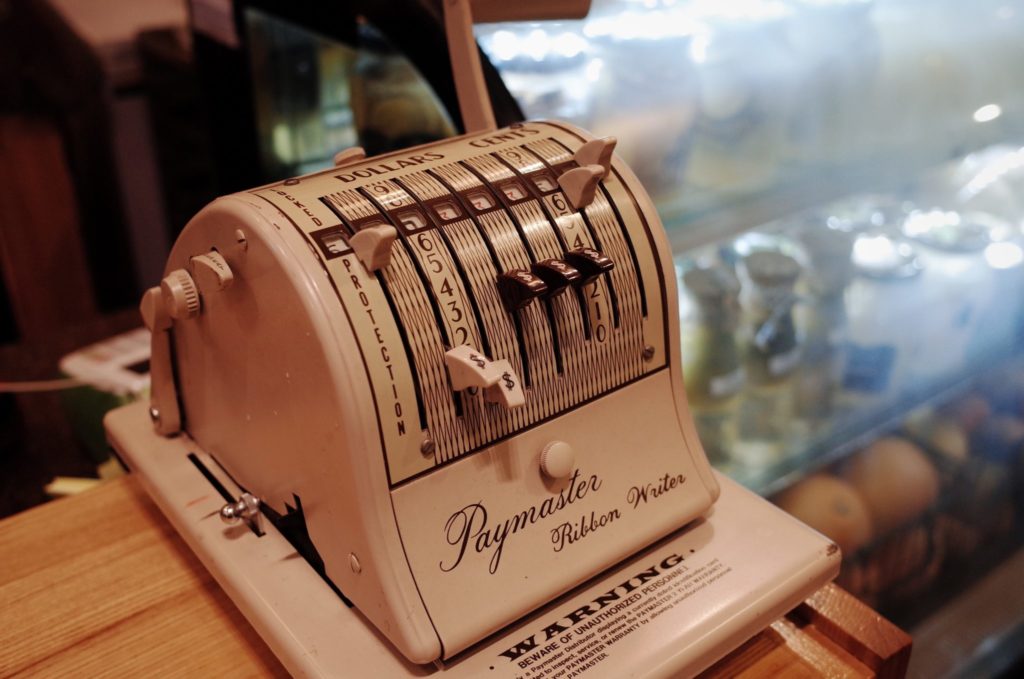
Which would you rather have: $1,000,000 or $.01 that doubles everyday for a month? It seems like a silly question, right? The obvious answer is to take the cool million. A penny is nothing! But that’s the wrong choice. Your $.01 is only $.02 on day 2 and $163.84 on day 15, but by the time day 30 rolls around, you’re holding $5,368,709.12. That’s the power of compound growth in a nutshell.
I have implemented a number of crazy and not so crazy ideas to save money over the years. But simply saving money is not enough. It’s only the first step. Step two is putting that money to work so you can let the power of compounding do its job. The best way to do that is to invest. And the easiest way to invest is through the stock market.
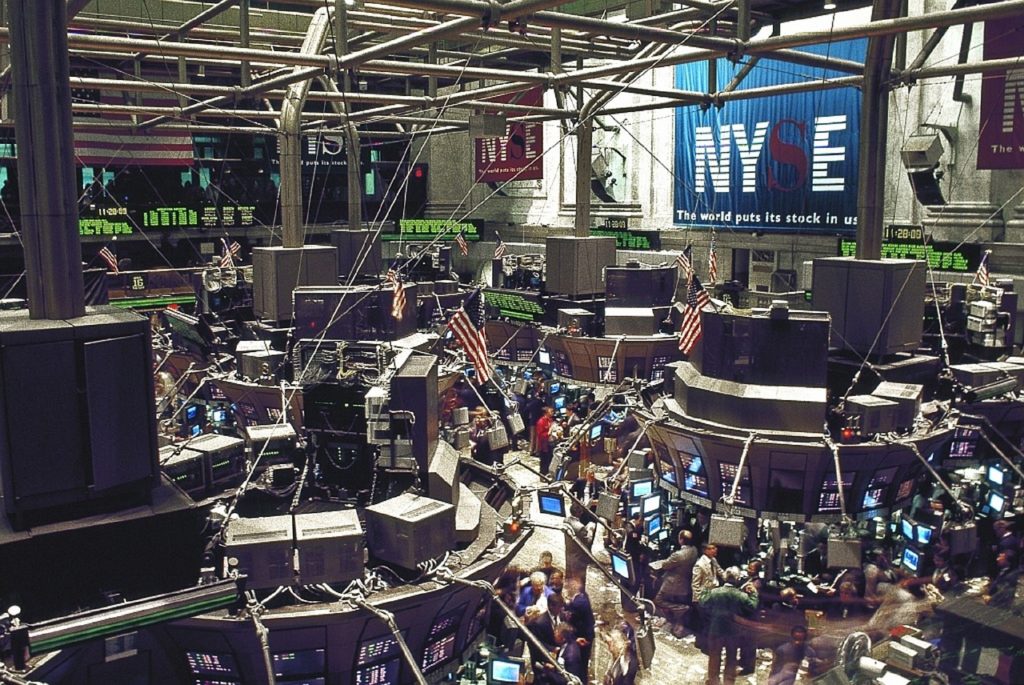
Isn’t that risky?
That depends on your definition of risk. Most people use the terms risk and volatility interchangeably, but they are definitely not the same. In general, it’s volatility that makes people afraid of the stock market. But investments can be stable and still be risky.
If I told you that there was a safe investment out there that was guaranteed to lose a little bit of money every year, would you choose to invest in that? You probably already do, since this is what happens with a savings account. It’s the safe spot where people who are afraid of volatility keep their money. As a trade off, they are guaranteeing a loss over time due to inflation. Suddenly, it doesn’t seem so safe when you realize that it’s a guaranteed money loser.
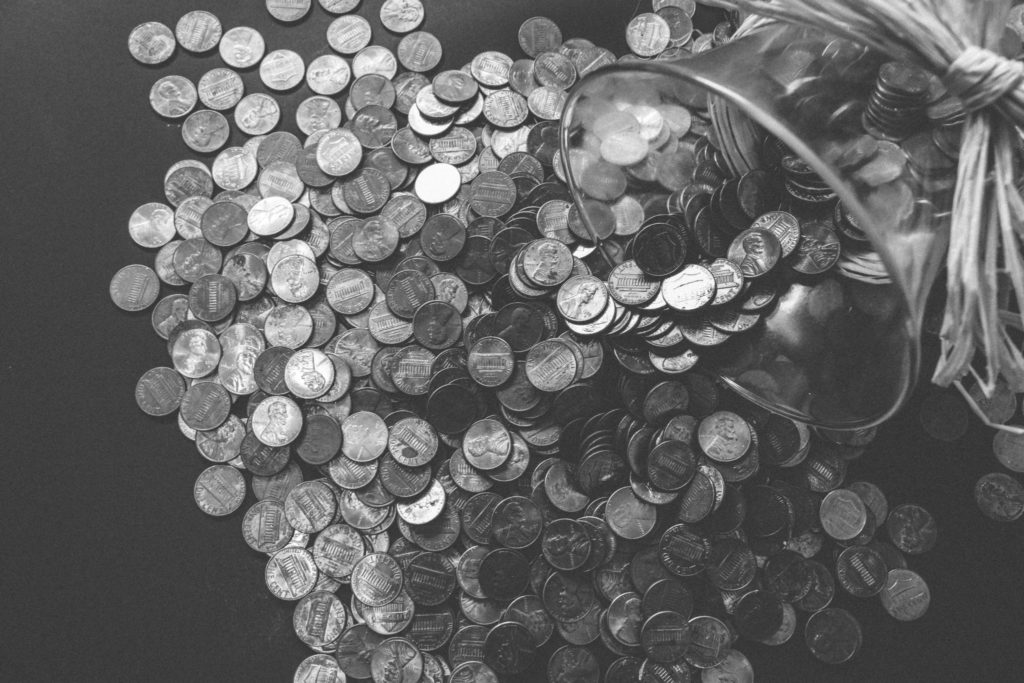
Risk also depends on your investing timeline. On average, the stock market falls one out of every three years. Daily trends have stocks only rising 53% of the time. Putting money in the stock market that will be needed in one year or less is definitely risky. Investing money needed in 30 years is quite the opposite.
Despite the volatility caused by the Great Depression, World Wars, 70s stagflation, the Cold War, Dot Com crash, Great Financial Crash, and the next one that will definitely be coming at some point, you’re practically guaranteed to come out ahead. Throughout the history of the stock market, the lowest 30 year return was still nearly 8% per year. That’s the worst! Adjust for inflation and that equates to a real return of 5%. So which investment is riskier? The one guaranteed to lose money or the one that’s never had a 30 year period with real returns less than 5% per year? As long as you’re in it for the long haul, there’s no better way to take advantage of compounding to grow your money.
What’s the catch?
It’s a lot harder than it looks. While it’s really easy to watch the market rise and bestow fabulous wealth upon you, it’s much more difficult to watch that balance disappear in large chunks. Fidelity conducted a study that showed their best performing investors were ones that were either dead or forgot their accounts existed. Think about that for a second. The average corpse is a better investor than most living people. That’s completely mind blowing, but I understand why. It’s because people are prone to panic and irrational decision making. We jump in and out of investments. We chase trends. We don’t diversify. We sell when we should be buying and buy when we should be selling. If we would just leave things alone and let the market do its thing, like those dead people, we’d come out ahead.

But it’s hard to stay the course. The media talking heads love a market drop, even if it’s just a single bad day. It’s guaranteed to draw views or clicks. It’s perfect story for them to report on because the effects are both widespread and completely out of your control. Tune in later to see if your retirement is screwed. Tune in tomorrow to see if you’ll spend your golden years eating cat food under a bridge. Everyone else is panicking, which means you should too!
Your brain will work against you
There’s a behavioral psychology phenomenon known as price anchoring. It’s usually referenced for marketing purposes, but it affects investing too. When the next iThing comes out, it will be priced at $1000. Then after a few months, the price will be reduced to $900. You already know that this is a $1000 item, because that’s the price that was first introduced to you (the anchor), so anything cheaper than that seems like a good deal. It’s also exactly why the MSRP of a new car is right there on the sticker. It’s so you can feel like you got a bargain after you drive it off the lot at $2000 under that price. Any price below the expected amount allows you to feel as if you received a good deal.

Your brain also anchors your portfolio value, but in the opposite way. Markets are supposed to go up. That’s why you’re investing, after all. As they do, you gain a new point where anything below that level is less than what it should be. This is what causes loss aversion and why drops can feel so painful. Even though it’s easy to rationally know that markets are volatile and it’s completely normal for them to go down periodically during their relentless climb, having less money than you did the last time you looked simply feels bad. And watching a year of your savings evaporate over a few days is enough to make anyone want to do something. But you don’t want to do something. You want to copy the lifeless and do nothing.
How to get the best results
Start by maintaining proper diversification. If you want that sweet long term market return, then you have to own the whole market. At the risk of alienating any of my dozen readers, I think you have to have a screw loose to attempt to pick individual stocks. You’re competing against Ivy League MBAs backed by hundreds of millions of dollars and supercomputers attune to every market movement. These people do this for a living while you do it as a hobby. The odds are stacked against you. But of course, you don’t have to compete. By owning the market through index funds, you can take advantage of the exact same trades they make. You are guaranteed to own the top performing stocks. And best of all, you’re ensuring the long term health of your investment. Any single company could be the next Enron and go to zero, but short of total annihilation of the US, the entire stock market cannot.
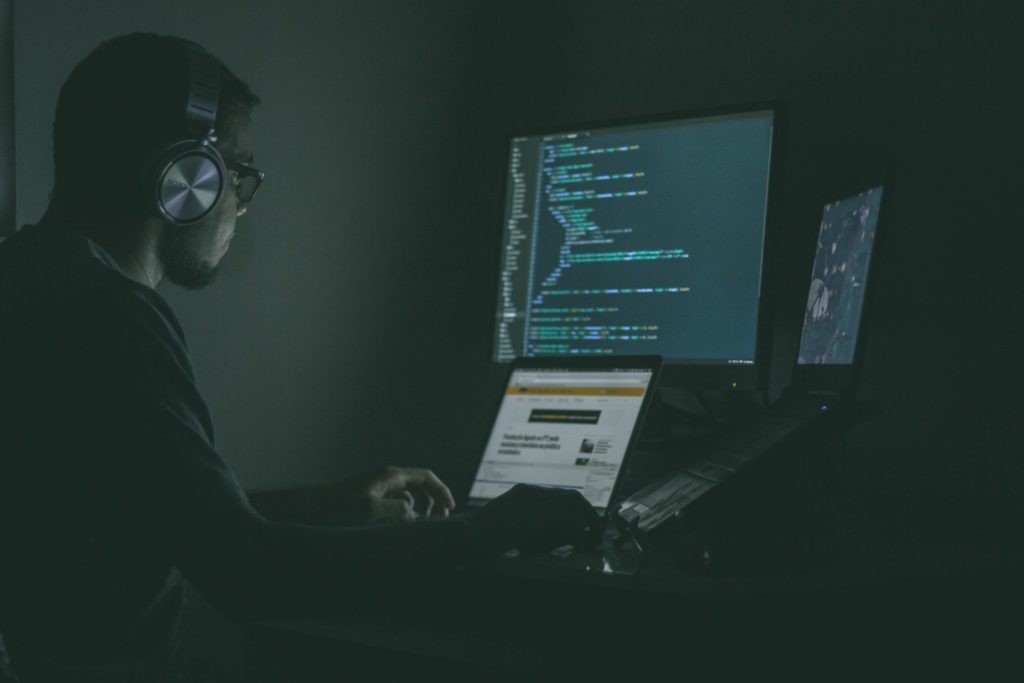
Automate your investing to remove any active decision making. 401k plans are great for this. You’re continually investing with every paycheck before you even see the money. Whether the markets are moving up, down, or sideways, you’re investing. If you’re contributing equal amounts to an IRA, this can also be automated through any major brokerage. Unless you’re retired, never stop investing regularly. Automating has the side benefit of allowing you to ignore your portfolio balance, removing your anchoring bias and allowing you to better withstand future drops in value without emotion.
Always remember that you’re investing for the long term. Prices that are temporarily falling are just that, temporary. You are buying stocks on sale. Who doesn’t love a good sale, especially on something you were going to buy anyway? When in doubt, zoom out. Look at the 5 year, 10 year, or 30 year returns. Consider that the market always goes up, simply by design.
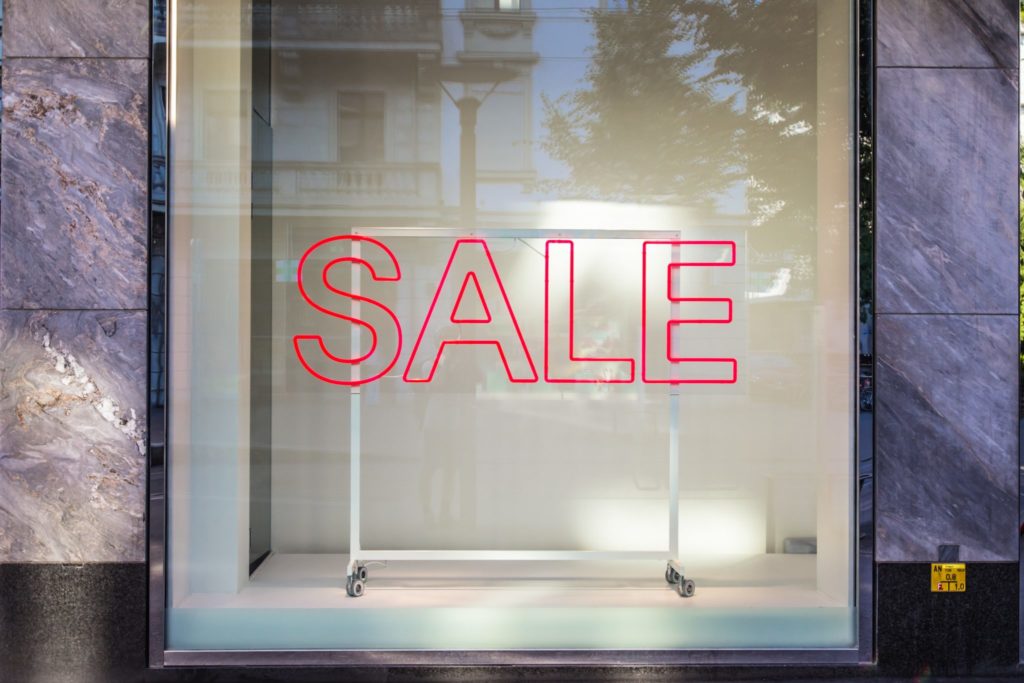
You don’t have to do much to be a good investor. In fact, the less you do, the likely better your result. Diversify, invest regularly, and stop paying attention to short term results. Don’t try to beat the market and realize your brain will work against you. Now get out there and invest like you’re dead!
Obligatory disclaimer: These are my own feelings towards investing and how I structure my investment portfolio may not be proper for you. While I may have a million dollars, I am not a licensed investment advisor and this advice is worth what you paid for it.
Leave a Reply